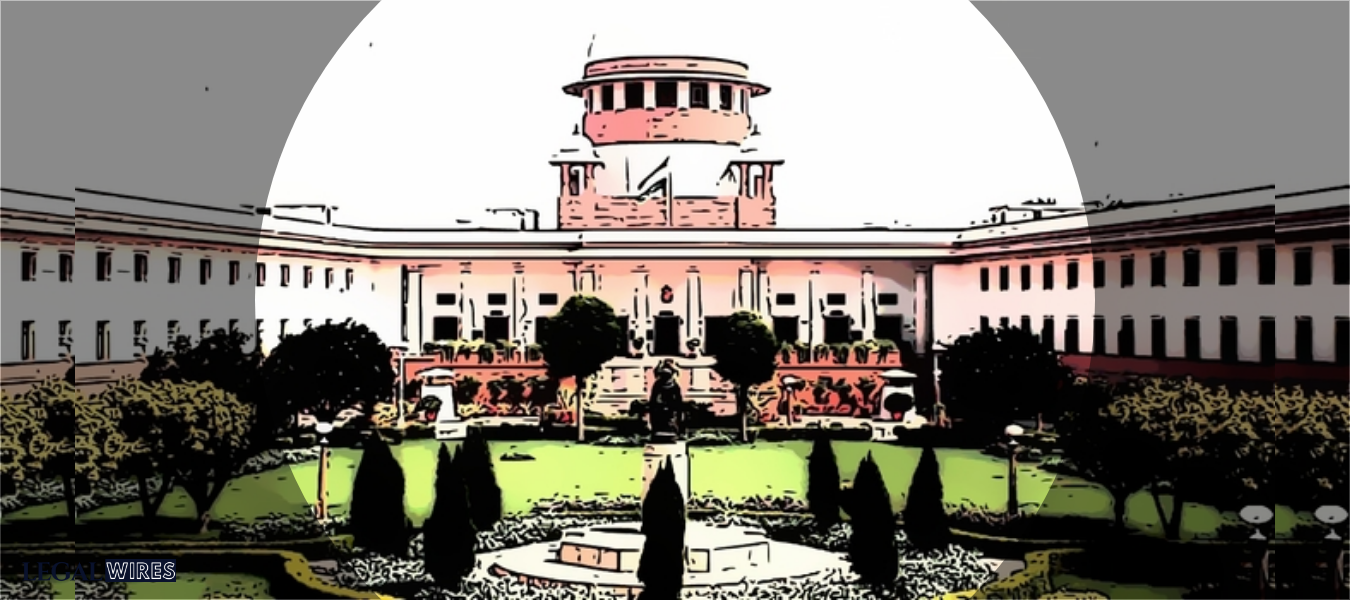The permission of the Attorney General is not necessary for the Supreme Court to continue with Suo Motu disdain petitions, as the court is using its intrinsic privileges under the Constitution

The permission of the Attorney General is not necessary for the Supreme Court to continue with Suo Motu disdain petitions, as the court is using its intrinsic privileges under the Constitution, a 3-judge bench declared on Friday while carrying advocate Prashant Bhushan mortified of criminal contempt.
A bench comprising of Justices Arun Mishra, B R Gavai & Krishna Murari said that it is established that as far as Suo Motu requests are anxious, there is no obligation for taking permission of anybody, comprising the learned Attorney General, because the court is using its inherent powers to announce notice for disdain.
The only condition, it said, is that the process supported is necessary to be just & fair & in accord with the values of natural justice.
The bench said numerous judgments of the crown court show that the basis of the power of this court for progressing for the action of contempt is in Article 129 and that control of this court to commence contempt is not in any way limited by terms of the Contempt of Courts Act, 1971.
The bench mentioned various judgments to explain the progression of the law on contempt, and what amounts to scandalizing the court to comprise contempt.
In the 1953 case – Brahma Prakash Sharma & Ors. Vs. The State of UP– a Constitution Bench of Supreme Court, the bench indicated out, had maintained that the purpose of contempt proceedings is not to protect judges directly from allegations to which they may be subjected as individuals. But, the court had maintained, it is expected to be a protection to the public, whose consequences would be very much pretentious if by the act/demeanor of any party, the authority of the court is lessened & the sense of sureness which people have in the management of justice by it is weakened.
It was conducted in the case that a periodical which strikes on individual judges or the court as an entire, with or devoid of reference to the specific case, casting unjustified and slanderous aspersions upon the personality or ability of the judges, would come in the term of outraging the court.
The 3-judge bench also held that the Constitution Bench had lined that it is not essential to prove positively that there has been a real interference with the management of justice because of such insulting statement; it is sufficient if it is likely, or inclines in any way, to delay with the proper management of justice.
Friday’s decision also mentioned to the 1970 ruling in E M Sankaran Namboodripad v. T Narayanan Nambiar case, in which the court had endorsed a sentence of former Kerala chief minister Namboodripad for disdain by the state High Court for comments made at a press conference.
Chief Justice M Hidayatullah had noted in the case that when the behavior of a person manages to bring the power and direction of the law into contempt or ignore, the same would quantity to scandalizing the court. This conduct involves all acts which bring in the court into disgrace or disrespect or which insult its dignity, insult its majesty, or question its authority.
In C K Daphtary & Others. vs. O P Gupta & Others, a Constitution Bench of Supreme Court held in 1971 that an outrageous attack on a judge, even concerning past behavior, has an unfavorable effect on the due government of justice, Friday’s ruling indicated out.
The three-judge bench held the Constitution Bench has held that this kind of attack in a country like ours has the unavoidable effect of damaging the confidence of the public in the judiciary, and if the trust in judiciary goes, due supervision of justice suffers.
The bench indicated out that in Baradakanta Mishra v. the State of Orissa, the Supreme Court had said in 1974 that scandalization of the court is a kind of disdain and may take numerous forms.
The 3-judge bench decided that while the 1st part of a tweet by Prashant Bhushan concerning CJI S A Bobde can be held to be a reproach made in contradiction of the CJI as a distinct and not against the CJI as CJI, the second part of the tweet undisputedly analyzes the CJI in his ability as the Chief Justice of India.





